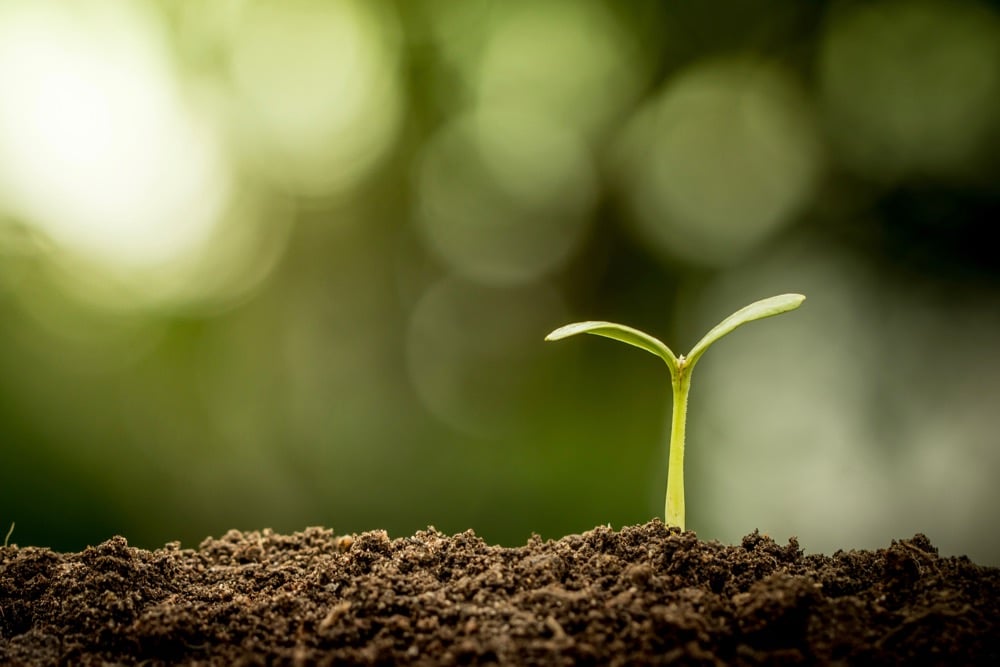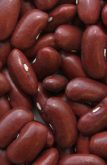An idea for better waste water management at a local brewery won top honours in the third annual Improve Life Challenge Hackathon at the University of Guelph on March 6.
The theme for this year’s day-long event was Hack the Farm in a Climate of Change where teams of students worked with community partners to come up with innovative solutions to real-world problems they’re facing.
According to Elizabeth Shantz, knowledge mobilization manager in the Research Innovation Office, 44 students from all seven of Guelph’s colleges participated in this year’s hackathon for the chance to tackle climate change and sustainability-related issues in the agriculture sector – and win cash prizes.
Read Also

Ontario’s agri-food sector sets sights on future with Agri-Food 2050 initiative
The first-ever Agri Food 2050, a one-day industry event dedicated to envisioning the future of food and farming in Ontario,…
Why it matters: Approaching problems from different points of view can result in innovative solutions and interdisciplinary events can introduce students from a wide range of backgrounds to career opportunities in the agriculture sector.
This is the first time that agriculture has been the focus of the annual hackathon event, and through the university’s network in the agricultural community, seven businesses and organizations brought forward real-life issues for the students to tackle.
These included Beef Farmers of Ontario (carcass quality feedback for producers), Conestoga Meats (sustainable packaging), the Co-operators (encouraging better disaster preparedness), Highline Mushrooms (innovative uses for spent mushroom compost), Holland Marsh Growers’ Association (keeping 50-pound mesh onion bags out of landfill), Maple Lodge Farms (creating a collaborative data sharing network for the poultry industry), OCP North America (improving crop yield predictions), OMAFRA (mental health resources for rural Ontario), and Wellington Brewery (reducing the environmental impact of their brewing activities).
The students spent the morning reviewing their assigned challenges and brain storming possible ideas. Then they were joined by industry experts who shared their knowledge and insights to help refine those ideas.
At the end of the day, each team presented their solution to a panel of judges: Deb Stark, former OMAFRA deputy minister, Ontario Agricultural College Dean Rene van Acker and Mary Wells, dean of the College of Engineering and Physical Sciences.
The students were scored on their analysis of the problem, the impact and feasibility of their solution and their overall presentation skills.
“I enjoyed being a judge and being involved in Hack the Farm because it is an opportunity for students to work collaboratively on real world problems which develops their foundational skills,” said Van Acker in a statement.
The winning team came up with a solution for Wellington Brewery, Guelph’s oldest microbrewery, to reduce its waste water production. This included separating liquid from solid waste, and recycling the resulting solid waste into various products, such as compost for the Guelph urban farm.
“This leaves less water that needs to be treated, creating cleaner production, water diversion and waste reduction,” explained team member Connor Russell, adding dealing with waste water currently costs the brewery about $10,000 a month.
First prize was $1,600.
Second place and $800 went to the team that proposed short and long-term solutions to Conestoga Meats, a pork processor in Breslau, for improving the sustainability of their packaging. This included designing a reusable belt system for shipping skids instead of wrapping them in plastic, and a future transition to reusable totes made from compostable bioplastics.
“We think this would attract customers who are looking for sustainability,” said team member Evan Krebs. “To deliver the sustainability story from the farm to the consumer dinner plate, you need to be sustainable in the middle too.”
A team tackling Highline Mushroom’s spent compost problem won third place and a $400 prize. The students proposed improving the compost’s quality through anaerobic digestion so it can be used as an organic soil amendment and using the resulting biogas to power Highline’s facility.
New for this year’s hackathon participants is an opportunity to further develop their ideas together with their community partner.
“In addition to the cash prizes, we have some funding available to take some of these ideas and start making them happen over the summer through internships,” said Shantz, adding that the successful candidates will be chosen by the end of March.














